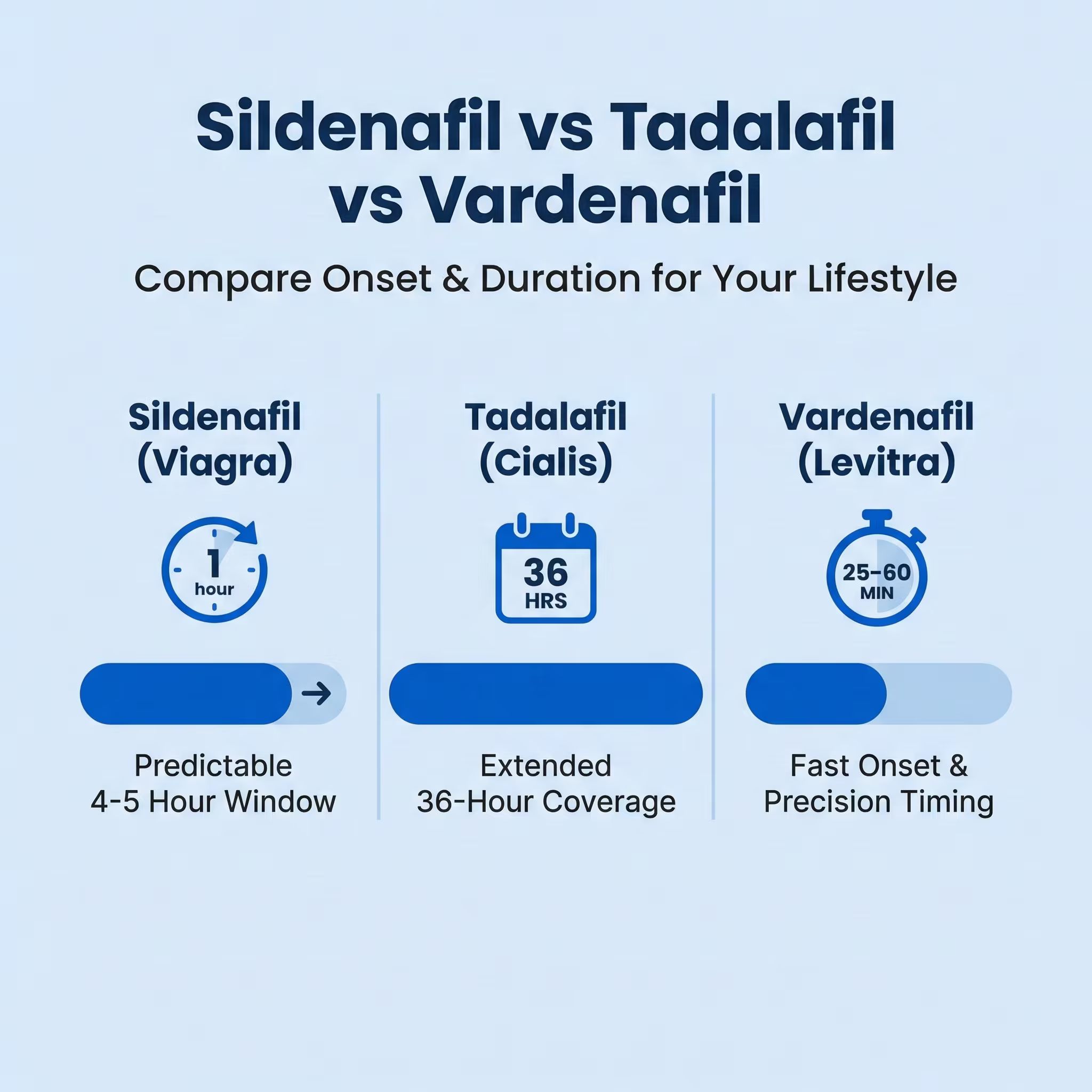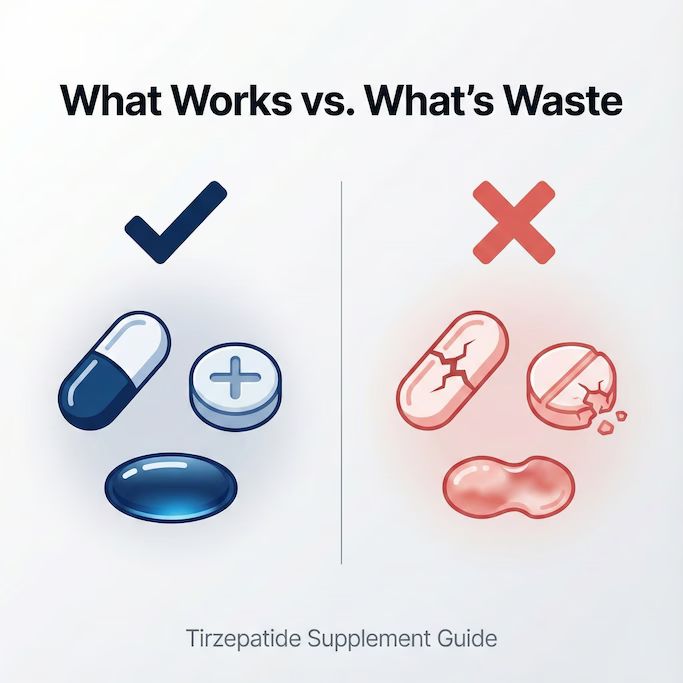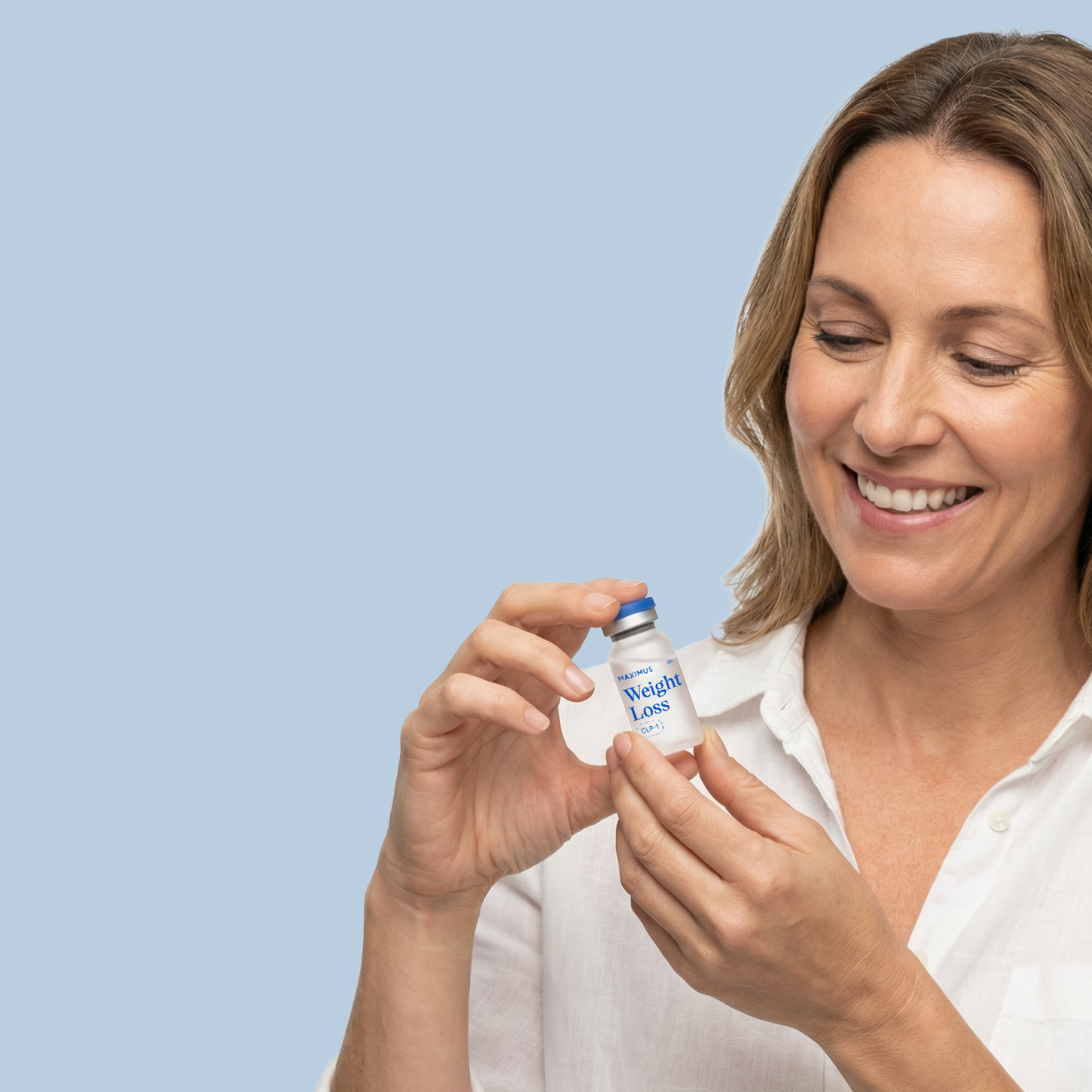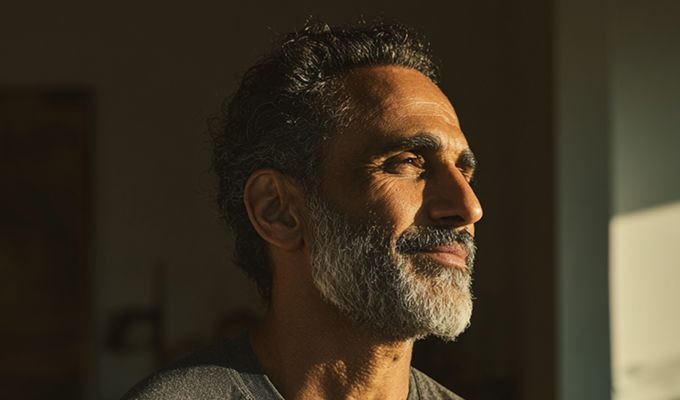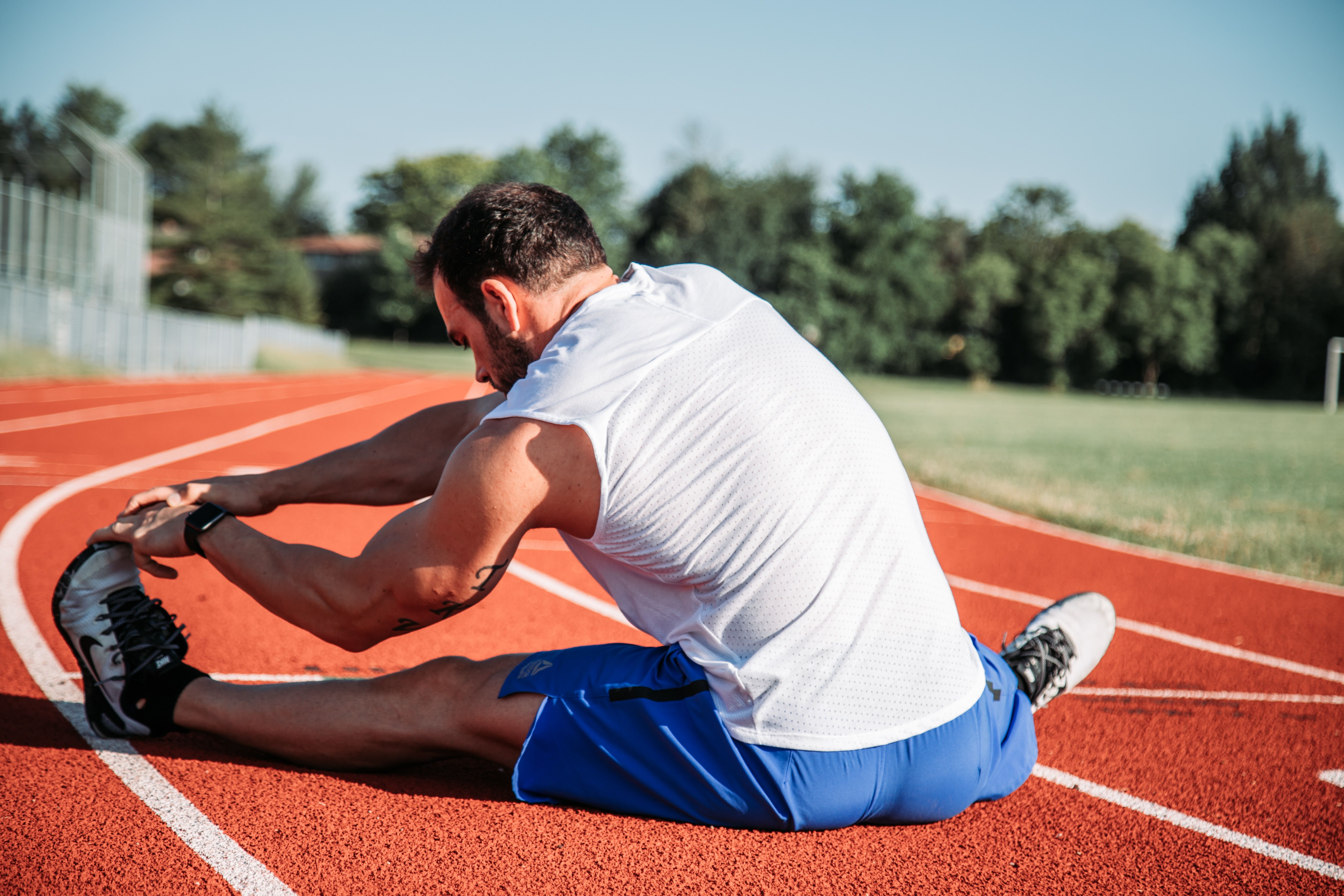Wake up at 2:30 a.m.
Eat breakfast at 3:15.
Get your first workout in at 3:40.
Eat, shower, golf, snack, and then head into the cryo chamber by 9:30.
This morning routine might sound intense to you, but it’s no big deal to Mark Wahlberg, whose air-tight schedule starts while most are fast asleep and includes multiple workouts, work calls, and turkey meatballs. Last year, he shifted his wake time closer to 3:30 or 4:00 a.m. for a bit of extra rest. Though the details of his day are unique, there’s nothing unique about having such a rigid routine, especially if you follow some of today’s top health influencers on social media.
The obsession with optimizing your morning or daily routine is rampant, with many influencers claiming that doing so will lead you to having more energy, focus, happiness, and success. But is it true? Not necessarily. Read on to find out why.
A rigid routine isn’t always the answer
A morning or daily routine can be helpful for some people, but it’s just one strategy, and it’s not for everyone. A routine can be counterproductive when it sets an unrealistic expectation that is impossible to sustain.
Back in 2015, a study led by researchers at Harvard Business School, University of Pennsylvania, and Johns Hopkins University investigated different strategies to help more than 2,500 Google employees exercise at the company’s gyms more regularly. Participants identified a preferred two-hour daily exercise window on weekdays and were assigned to three groups:
- Routine: These individuals were paid for working out during the designated time.
- Flexible: These individuals were compensated for exercising at any time.
- Control: These individuals were encouraged to exercise without financial incentives.
- Surprisingly, routine incentives resulted in fewer gym visits compared to flexible incentives, both during and after the intervention. Those in the routine group had a 10% greater decline in weekly gym visits compared to the flexible group, which saw a 5% decrease in gym visits. This suggests that rigid routines, even when incentivized, are less effective for long-term habit formation — and that there’s a lot of value in staying flexible.
Why you should be wary of influencer-driven health fads
Many health influencers have good intentions, but it’s important to be cautious with taking their advice. Social media is notorious for spreading misinformation and many so-called “experts” lack the ability to understand the nuances of science.
A study of 100 leading fitness influencers from around the world on Instagram found that two-thirds lacked credibility or included content that could be potentially harmful or unhealthy. In another study of 488 fitness influencers, less than 20% reported having any credentials.
Does this mean that all influencers are lying? No, but it’s always a good idea to do your own research. Look into the backgrounds of the influencers you follow and fact check advice when it sounds too good to be true.
How to realistically optimize your day
Optimizing your routine can be healthy as long as you don’t turn it into an obsession. A more sustainable way to approach your day is to consider focusing on just a few priorities that matter to you. If you enjoy a slow morning and feel that it adds value to your day, then embrace your slow morning. If waking up at 2:30 a.m. gets you pumped, then do that. But it’s probably a stretch to think that replicating Mark Wahlberg’s routine will turn you into Mark Wahlberg. Your routine should be based on what you care about and what your body needs, and this may change over time.
Some more realistic ways to optimize your morning or daily routine:
- Make a list: Make a to-do list for the next day before you sleep. Wake up and do everything on your list (one at a time) before you do anything else.
- Find your ideal productivity window: Researchers from Monash University and the University of Granada performed a study in which they tried to determine the most productive time of day for performing cognitive tasks. Though 1:30 p.m.seemed to be the best productivity window for young adult university students, they noted that this can shift with age and may also be impacted by other factors like genetics and social environments. What matters is finding the window that works for you, not your favorite influencer.
- Scroll less: In a survey of 1,000 Americans, 89% said they check their phones within the first 10 minutes of waking up. But is this really the best way to start your day? After all, numerous studies have found a link between social media use and mental health issues such as anxiety, depression, insomnia, stress, decreased happiness, and a sense of mental deprivation. So, while you may find a few cool life hacks online, be sure not to overdo it.
- Leave empty space: Another downside of having a rigid routine is that it doesn’t leave any space for the mind to wander, which can be an important part of the creative process. In two studies, professional writers and physicists reported that around 20% of their most significant ideas each day occurred while mind wandering. These ideas were more likely to be breakthroughs on a problem and "aha" moments, in contrast to ideas generated while actively working on a task.
Dr. Cam’s Health Hack
Still trying to decide if you should devise a morning routine? Check out this advice from Dr. Cam, CEO of Maximus:
“The paradox is that people who obsess about their morning routine should have no morning routine. And the people who dislike morning routines are exactly the people who need them. On both counts, the real solution is psychological flexibility.”
What does Dr. Cam aim for every day? His “Daily 5s” for holistic health include:
- 5 walks
- 5 prayers
- 5 small meals
- 5 compound lifts
- 5 minutes of intimacy
- 5 minutes of sunshine
- 5 hours off your phone
- 5 hours of focused work
- 5 hours of non-REM sleep
- 5 minutes of smiling/laughter
- 5 things you’re grateful for
Some important takeaways
Morning routines can be helpful, but they shouldn’t be an obsession. Remember:
- A routine can be counterproductive when it sets an unrealistic expectation that’s impossible to sustain.
- Many health influencers offer misguided advice and lack expertise in the areas they speak about on social media.
- A more sustainable way to approach your day is to focus on just a few priorities that matter to you, based on your needs and interests, while being cautious of blindly following extreme routines.
Disclaimer: The contents of this article, including, but not limited to, text, graphics, images, and other information, is for information purposes only and does not constitute medical advice. The information contained herein is not a substitute for and should never be relied upon for professional medical advice. The content is not meant to be complete or exhaustive or to be applicable to any specific individual's medical condition. You should consult a licensed healthcare professional before starting any health protocol and seek the advice of your physician or other medical professional if you have questions or concerns about a medical condition. Always talk to your doctor about the risks and benefits of any treatment. Never disregard or delay seeking professional medical advice or treatment because of something you have read on this site. Maximus does not recommend, endorse, or make any representation about the efficacy, appropriateness, or suitability of any specific test, products, procedures, treatments, services, opinions, healthcare providers or other information contained herein. Maximus is not responsible for, nor will they bear any liability for, the content provided herein or any actions or outcomes resulting from or related to its use.
